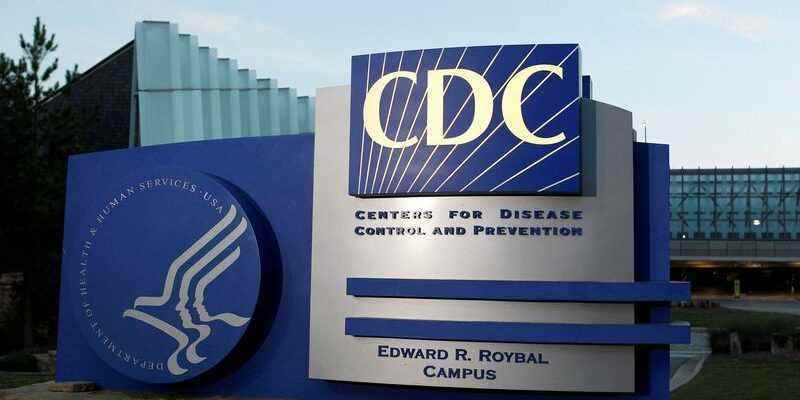The Government Accountability Office (GAO) said Monday that “limitations in how CDC collects and manages air passenger contact information – including CDC’s use of an outdated data management system – are hampering the ability to of the agency to monitor public health risks and facilitate contact tracing.”
As of November 2021, the CDC has required https://www.cdc.gov/quarantine/pdf/CDC-Global-Contact-Tracing-Order-10-25-2021-p.pdf all airlines to collect the information contact tracing of all international air passengers.
According to the report, the CDC’s current data management system, developed in the mid-2000s, “was not designed for rapid evaluation or consolidation of public health data” and the CDC “is not in able to quickly and accurately identify the number of passengers exposed to a specific infected passenger on a flight.”
The CDC, an agency of the Department of Health and Human Services (HHS), told GAO that it estimated that between 2015 and 2019 – before the coronavirus pandemic – about 80,130 separate flights per year warranted at least one investigation of contacts “against more than 25,000 separate flights estimated in 2020” and 17,000 passengers.
The GAO recommended that the CDC revamp or adopt a new data system “to more effectively facilitate contact tracing for all air passengers and conduct disease surveillance for air travel.”
HHS said the agency is in the initial stages of a “complete overhaul” of the reporting system. The CDC is also working on a project to improve data interoperability with public health departments to share travel information.
“Given the role air travel plays in the initial and subsequent spread of communicable diseases, the CDC and local public health authorities have an acute need for access to high-quality passenger contact information,” said the GAO.
In February 2021, major US airlines adopted voluntary international contact tracing, months after the White House, under then-President Donald Trump, blocked mandatory collection.
In September 2020, the Trump administration ended enhanced screening of certain international passengers for COVID-19 and dropped the requirement for travelers from targeted countries to arrive at 15 designated U.S. airports.
Reuters reported that an internal government document revealed that of 675,000 passengers screened at the 15 airports as part of the CDC effort, fewer than 15 were identified as having COVID-19.
Airlines for America, a trade group, said in September 2020 that it “no longer thinks it makes sense to continue screening at these 15 airports given the extremely low number of passengers identified by the CDC as potentially having a problem. of health.”
